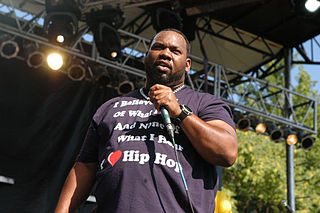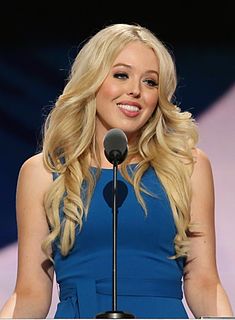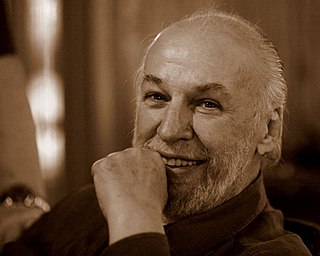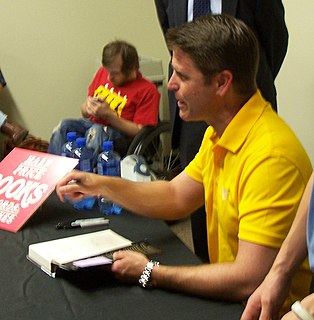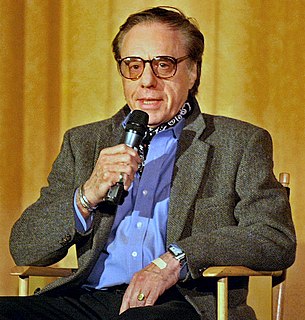A Quote by Jules Feiffer
In the Depression, besides everybody being poor, our entertainment was much more primitive and innocent. The comic strip, which I so venerated, was still a very new form. Movies had just become talkies. Radio had just gone coast to coast for the first time. Network radio had just begun when I was a kid. So all of these forms were more or less in their infancy, and feeling their oats. Comics were fresh and funny and nervy, and in a sense, defiant of the prevailing culture.
Quote Topics
Become
Begun
Being
Besides
Coast
Comic
Comic Strip
Comics
Culture
Depression
Entertainment
Everybody
Feeling
First
First Time
Form
Forms
Fresh
Funny
Gone
Had
Infancy
Innocent
Just
Just Be
Kid
Less
More
More Or Less
Movies
Much
Network
New
Oats
Our
Poor
Prevailing
Primitive
Radio
Sense
Still
Strip
Talkies
Time
Very
Were
Which
Related Quotes
When you a young kid at that age at that time, and you know that you got talent as far as hip hop, you wanna be on the radio, that's the first thing. So we was more or less infatuated with just havin' a song on the radio, you know? Before our careers even launched it was more or less about lettin' everybody know, 'Staten Island? You got good emcees there.'
'Boneless,' even though we were thinking about servicing it to radio, it made more sense putting a vocal on there. This was actually the first time that I really looked at doing a song for radio and kind of let go of some control and listened to a lot of different radio pluggers and had Ultra come in and help out with ideas.
The late '90s were a really bad time for people trying to be rock stars, you know what I mean? It seemed like everyone was a one-hit wonder on the radio. We had friends who had a hit single on the radio and sold 500,000 records, and then they couldn't get arrested a year later. I had this feeling at the time that that was not possible anymore, so the idea of becoming the biggest band in the country—it seemed laughable. I felt that having those sort of ambitions was foolish, because there was no way that was going to be possible. If you saw it that way, you were just deluding yourself.
My brothers and sisters have achieved so much in their lives and have had so much success, but I'm just 17, so I'm still growing and learning. Since I have grown up on the West Coast, it definitely is different than all of them growing up on the East Coast. It's a different lifestyle, obviously, California vs. New York.
I have always had this very strong, call it a feeling, call it a prejudice, call it a conviction ... that the mysteries are not easily available. You have to earn entrance into them. You didn't learn things for too little. You had to pay a price. And I felt that LSD was just blasting superhighways into the mysteries. And what I really didn't like about LSD is that people who were taking it were seeming to become less and less as they took it. They got emptier and more vapid.
Listen- my relationship with radio on a personal level is nothing but a one way love-a-thon... I love radio, I grew up on radio. That's where I heard Buddy Holly, that's where I heard Chuck Berry. I couldn't believe it the first time I heard one of my records on the radio, and I STILL love hearing anything I'm involved with on radio, and some of my best friends were from radio. But we were on different sides of that argument, there's no question about that.
A lot of the reason I left New York, in addition to being so broke, was that I just felt I was becoming provincial in that way that only New Yorkers are. My points of reference were really insular. They were insular in that fantastic New York way, but they didn't go much beyond that. I didn't have any sense of class and geography, because the economy of New York is so specific. So I definitely had access and exposure to a huge variety of people that I wouldn't have had if I'd stayed in New York - much more so in Nebraska even than in L.A.
Being part of The L Word made me realize how much more television can be that what I had experienced in my lifetime in terms of being able to be of service to people. I had so many fans come up to me who were really deeply appreciative of the show and what it had meant for them and their own sense of identity and their own sense of inclusion in our society and in our culture.


